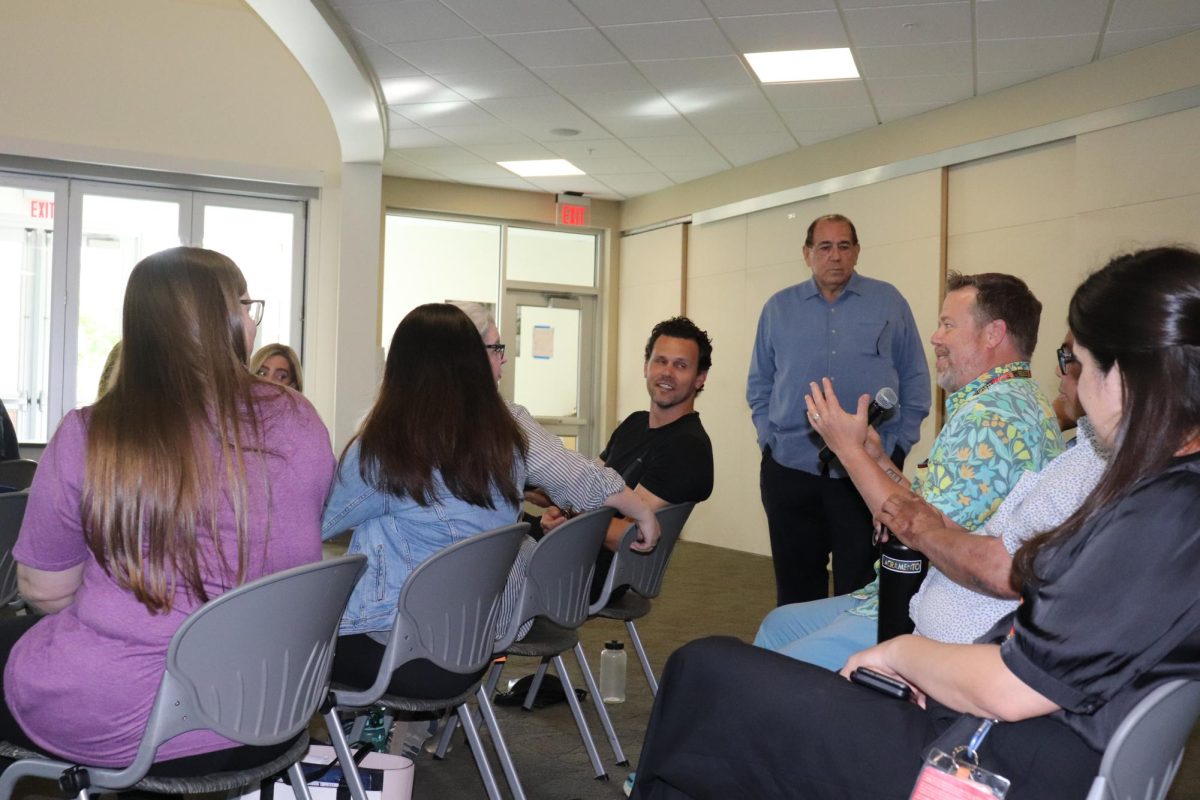Starting at community college can save money while still providing college experience
October 22, 2014
In their junior and senior years of high school, young minds are forced to make a life-altering decision: where they want to attend college.
Deciding where to further your education is a terribly difficult choice to make. For some, it depends on where their friends are going, a family legacy or a dream school.
For those of us with little to no financial backing, the choice comes down to one thing, whether or not accumulating mounds of debt is worth going to a university right away versus attending community college first.
Starting off at a community college is undoubtedly worth it.
It is the best choice anyone with bleak resources can make for their future.
In the 2012-13 school year 45 percent of 7.7 million undergraduate students were enrolled at community colleges, according to the Community College Research Center.
Since the economy took a turn for the worse, many students have had to sacrifice going away to college and in turn, community college enrollment has risen.
This is not a bad thing at all.
Despite what some may think, going to a community college can be just as real of a college experience as going to a university.
Community colleges provide the exact same education, with smaller class sizes and more one-on-one interaction with professors for a fraction of the cost of universities, according to the College Atlas Organization.
There are still clubs and sports students can get involved in, and as good a shot of making friends as attending any school.
If family situations allow it, students can live at home or move out with roommates or friends if they crave a dorm-like atmosphere.
The financial strain is not as strong when upwards of $10,000 a year is not being thrown at tuition.
One of the only downsides of attending a community college is the chance of getting caught up in the system for more than the expected two years.
Honestly, making it to a university after two years at a junior college can be achieved by anyone if they properly plan and stay committed to their education.
Even if they do end up spending a third or fourth year in the community college system, there is no shame in that. That is one of the many beauties of community college, you can work at your own pace and not have to pay for it.
Plus, with most colleges being impacted, students who start at universities have no guarantee of finishing in four years either.
More than 60 percent of students who start at junior colleges transfer and get a bachelors degree, according to the National Student Clearinghouse Research Center.
And, according to the Community College League of California, students who transferred into University of California or California State University Systems graduated with grade point averages equal to or better than students who started at four year schools.
College is a rocky road no matter what way you choose to navigate it, so you may as well pick the trail that will set you up for a better economic future.





